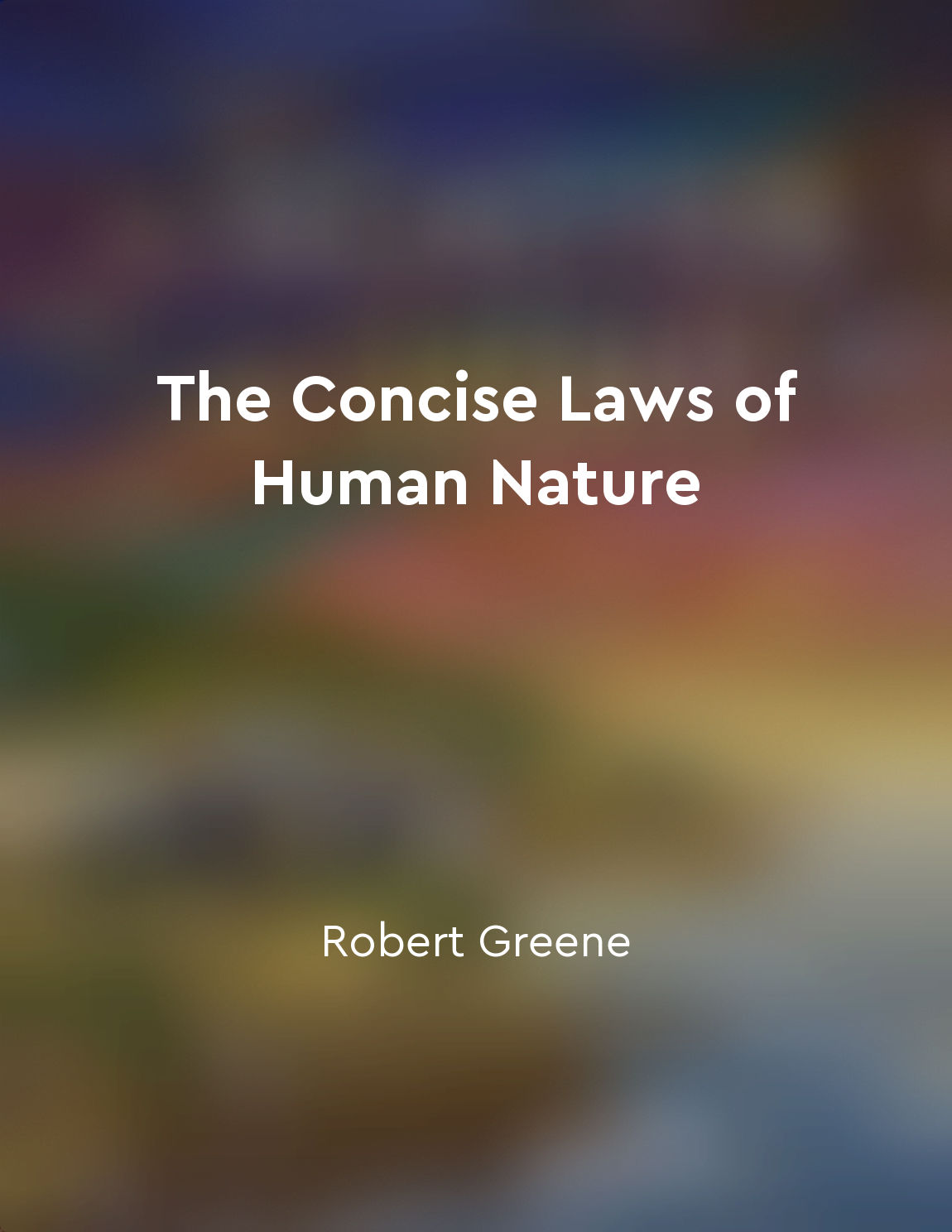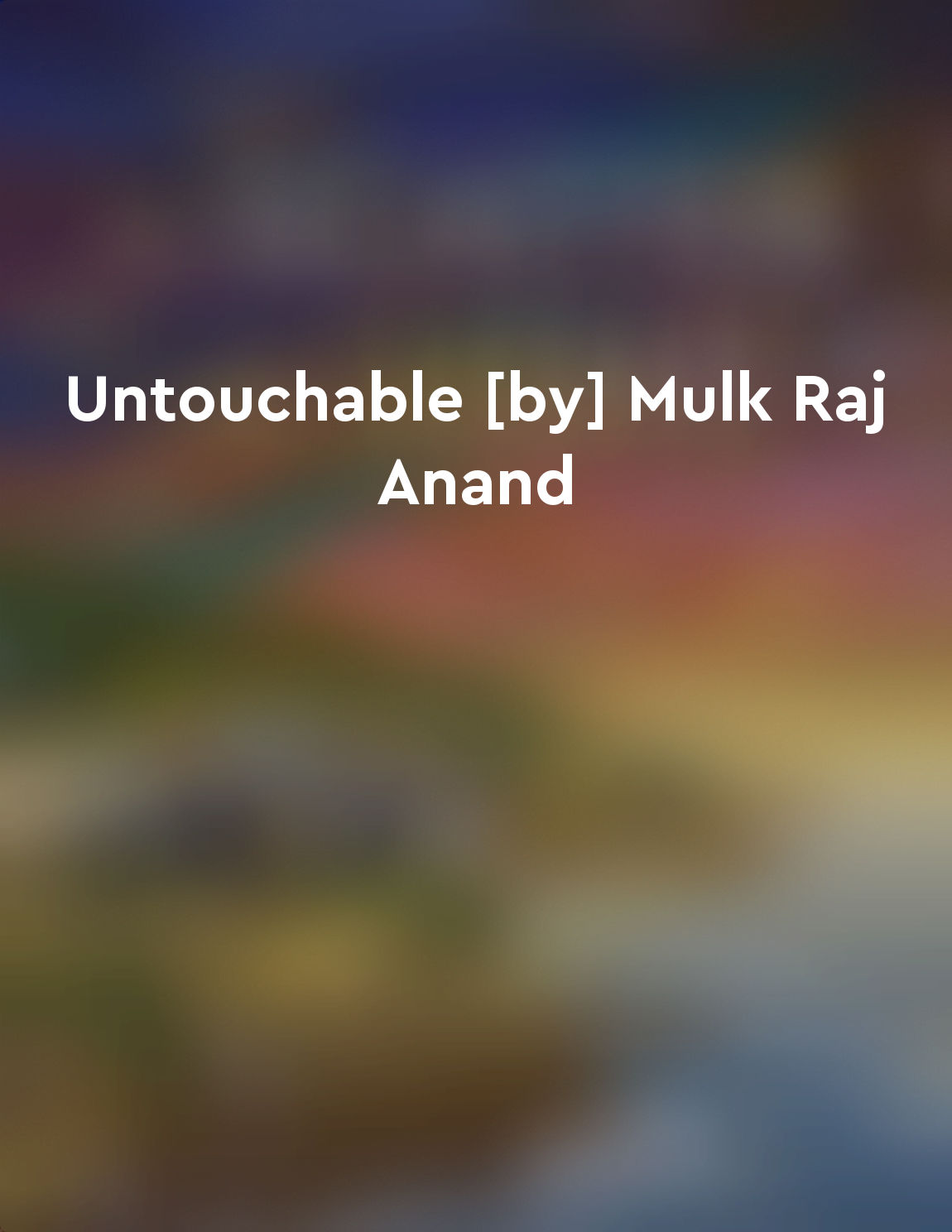The caste system is sustained by cultural norms and beliefs from "summary" of Caste by Isabel Wilkerson
The caste system is sustained by cultural norms and beliefs that are deeply ingrained in society. These norms and beliefs dictate how individuals should behave and interact with one another based on their perceived social status. This system is so pervasive that it shapes every aspect of life, from the way people are born, to how they live, and even to how they die. Cultural norms and beliefs are reinforced through rituals, traditions, and social interactions that have been passed down through generations. These practices serve to maintain the hierarchy of the caste system and ensure that individuals stay in their assigned social roles. For example, marriage within one's own caste is often encouraged to preserve the purity of the social order. The belief in the inherent superiority or inferiority of certain groups is also a key component of the caste system. This belief is so deeply ingrained that it is often unquestioned and accepted as natural. Individuals are socialized from a young age to believe in the legitimacy of the caste system and to accept their place within it. Furthermore, cultural norms and beliefs are reinforced through the language and symbols used to describe different castes. Terms like "untouchable" or "dalit" carry with them a sense of shame and inferiority, while terms like "Brahmin" or "upper caste" convey a sense of privilege and superiority. These labels serve to dehumanize individuals and justify their position within the caste system.- The caste system is sustained by a complex web of cultural norms and beliefs that shape the way individuals view themselves and others. These norms and beliefs are deeply entrenched in society and serve to maintain the social order. Until these cultural norms and beliefs are challenged and dismantled, the caste system will continue to perpetuate inequality and injustice.
Similar Posts
Sex education is key to sexual health
Sex education plays a crucial role in promoting sexual health among individuals. It provides essential knowledge and skills tha...

Social status plays a significant role in determining how we perceive others
Social status is a crucial factor in shaping our perceptions of others. People tend to judge and evaluate individuals based on ...

Bakha's journey towards selfacceptance is both heartbreaking and inspirational
At the heart of this poignant narrative lies Bakha's tumultuous quest to come to terms with his identity as an untouchable in a...
Cultural analysis involves understanding the context of a society
Cultural analysis is not just about observing the behaviors or customs of a society, but about delving deeper into the underlyi...
Caste is a pervasive force that must be confronted and dismantled
The concept of caste is a powerful and insidious force that shapes every aspect of society. It is a rigid hierarchy that determ...
Collaborative approaches for empowering Scheduled Castes economically
The idea of collaborative approaches for empowering Scheduled Castes economically involves fostering partnerships and cooperati...
Technological disruptions reshaped industries
The history of business in India has been marked by the transformative impact of technological disruptions on various industrie...
Calls for increased investment in infrastructure in Scheduled Castes areas
The need for increased investment in infrastructure in Scheduled Castes areas is a pressing issue that demands urgent attention...

